On this day in 1944 the world lost Lupe Velez
She was a comedy pioneer and all time great.
If you don't know of her...you should. Because, most of what came after her, was because of her.
It's been my opinion for a long time that some of the greatest comedic performers were great because they had something others did not. They carried with them an air that they were a danger to themselves and everyone around them. You could just feel that they were dangerous in a vague unspecific way. John Belushi is a great example.
This character was funny and charming and yet...somehow...without even having seen him do anything...you got the sense that it would be best not to screw with him. And that maybe, whatever he was up to, might be best to avoid being a part of. One need not even seem malicious in being dangerous, just like...you're not really safe when they are around.
That element is why so much of what he did was so funny. Most of the set up, the tension of a joke, was just brought on screen with him, without any foreshadowing needed.
Belushi was a legend most people remember.
It's pretty amazing how many legends there are...that the world seems to forget are legends. Time and culture keeps plowing forward into "new" things, i.e. things that aren't really that new, but seem new because people forget or never learn of what came previous.
There was a time, when there was no tv, no radio, no movies. There where theatrical plays and Vaudeville and whatever fill in performances went on in Circuses. That's was what entertainment was for the masses. Then came movies with no sound, then came radio drama's/comedies and then finally movies with sound.
You can have a new medium (movies) but you still need something to put into that medium and that has to come from somewhere. The biggest jump in human entertainment history went on when stage performers had to tune themselves to entertaining an audience who they will never actually see, movie goers.
That is a hell of a jump when you think about it... A type of play or performance went over great in Chicago and Kansas City, but that does not mean anyone will like it in Phoenix or London or Berlin. If the crowd is in front of you, you can adjust your performance...speed it up, go bigger, go smaller, get a feel for the crowd and adjust to what they like, during the show. Now, with a movie, the performance goes on once and that one performance has to be entertaining for someone in Chicago and London and everywhere else.
They had to preform in a way that had never been done before.
When you watch old movies, you are actually watching a medium being created. If you keep that in mind, you can see why many of the early films seemed either flat or sterile, or the performances were over the top or silly. They didn't quite know what they were doing yet, or how they should be doing it. The element of having no crowd to get feedback from during the performance...that is an even more tedious tightrope when you are dealing with comedy
That's why much of early film comedy was physical, slapstick, pratfalls...jokes that don't rely on the audience picking up subtly or needing them to pay particular attention to subtle facial expressions or whispers, or catching an off handed comment. Comedy rooted in personalities interacting wasn't though of or attempted at first, not really. Charlie Chaplin and Harold Lloyd were mostly human props in big physical comedy stories.
A lot of the physical comedy and sight gags of vaudeville transferred over well, except for one problem...a movie is long. An hour of pratfalls is not going to cut it. You need material that is an hour long. Comedy struggled at this aspect more than other genres. Drama, Romance, had plenty of stories to work with. No shortage of plays or novels to adapt for the dramas. Easy enough to fill it out time with a dance number here and there for the romances.
But Comedy...that did not have a history of long format type material. Comedy routines would go onstage for 10 maybe 15 minute...intertwined with other acts. They had jokes, they had props, they had stunts...but they didn't really have stories and so they didn't really have...characters.
They didn't have characters that were 3 dimensional, anyway. Charlie Chaplin was a cartoon character at best. What passed for a character in stage comedy was basically a costume, or a gimmick. It there was a specific personality, it was very over the top and cartoonish, and not so much something that you could revolve an hour long story around.
Comedy did great on radio, because they only had to fill 20-30 minutes. Comedy could fill that time with a half assed story and some funny voices, until it learned and grew into better versions of itself.
But an hour long movie needs a character people are more than just entertained by, enjoy watching...they need a character people care about. And if a character that people care about is the core...then the comedy has to stem from that. They needed to create...personality driven humor.
Comedy stemming from personalities conflicting or teaming for an absurd purpose, jokes based on subtle facial expressions, multiple reactions at once...that had no building blocks yet. There had been no need for it, and frankly no way to do it.
An audience at a play can't very well see a close up, or hear someone muttering under their breath. This is the first time an audience could be made to focus on one person alone and then focus the other person, during a single conversation. If you have six people on a stage, good luck having the audience notice a smug look on one of them without shining a spotlight right on the actor, and breaking the entire rhythm of the scene. In a movie however, they could just simply take a close up camera shot.
Laurel and Hardy, made the jump well. they had a bit more dimension to them than most early comedian in film and made use of new tools such as close ups, but they relied more on sight gags than anything and most of their movie work was short 10-20 minute films. Abbot and Costello where a step closer, they managed to fill up full movies with solid work that was more personality driven than physical comedy. But...their charm and depth was, honestly (as much as I like them) pretty thin.
They weren't really characters you cared for, worried about, cheered for. The never really felt they existed for any reason other than being vehicles for jokes.
They were closer to what comedy needed, but they just didn't...just weren't...real enough. Comedy needed something a little more. Comedy needed characters that were every bit as compelling to watch as the Dramas had.
It needed a character who did not feel inevitably tethered to some comedic downfall. A character that did not seem to exist only to be an ingredient in a joke. A character that had as equal a chance of being in command of the absurd as being entrapped by it. It needed a character people could root for and not know what was going to happen.
It needed...a...
Lupe Velez
Lupe began her career in Mexican Vaudeville in 1920. She spent years of working stages as a vaudevillian, doing whatever was needed for any given performance. Sing, dance, act, do comedy. That is a brutal training ground. And a training ground that teaches you many skills and much instinct. You develop an instinct of what audiences will respond to...what might work, what could work, what should work...and what 100% always works. And because a vaudeville show on any given night is actually many small shows, music, magic, comedy, drama, you develop that instinct about every aspect of entertaining.
Vaudevillians traveled the world and knew what was and was not universally entertaining. A vaudevillian knew what would work in a comedy, a drama, a romance, a horror film. They had seen it all, they had done it all, they had seen all manner of audience and audience reaction.
After seven years of such training, she found herself auditioning for silent films in L.A. and in 1927 her first silent film Sailors, Beware! hit the screen. It was produced by Hal Roach, who's eye for talent may have single handedly changed the course of movies. He gave work to every eventual legend from Laurel and Hardy to Will Rogers to Lon Chaney Jr.
Lupe Velez, worked in films from 1927 until 1944. That is the very time period that created the foundation of what movies became. That was the time period where mankind figured out ways to entertain audiences they will never see, from one side of the globe to the other...with the same single performance. And the period of time when comedy figured out how to compete for audiences hearts on even footing with dramas.
If you watch a Lupe Velez movie...you watch the prototype for what a comedy lead character became. You are watching a character with a real personality. "Real" as in unique, "Real" as in believable , "real" as in a character that had thoughts, and feelings, and ambitions beyond getting through their day without slipping on a banana peel.
Chaplin, Laurel and Hardy, and most the rest of the early attempts at comedic leads, they often good work, but you never for one second feel like they exist anywhere but in that world of that movie, nor exist for any reason but to have the story happen. Lupe's characters were not just characters on a screen, they were someone you were watching. When one of Lupe's characters would talk someone into an absurd idea...it didn't seem like a lame premise, because her characters were genuinely charming enough to talk someone into doing that.
Lupe brought from vaudeville the skill and instincts, but did not stop there...she added personality, excitement, and heart that movies would be able to convey in a way that stage could not.
There was a level of sophistication to her characters well above say...The Three Stooges. That is something that wasn't really earnestly, attempted in comedy until Lupe. She showed if you believed in the character enough to care about the character, the comedy was better, the jokes were funnier, you laughed harder because the stakes were higher.
She rose above merely being romantic fodder, or being the eventual prize for the male lead. Even when that was the script, her performances overshadowed that notion. She could sing, and dance, and act, and be a sex symbol, as many actresses of the time could. But she could do something more than that...she could dominate. She could be a force of nature. She could be exciting.
See, Lupe did not just share the screen with the male leads. She interacted with them in ways that other actresses were not doing. She was Latina, and a comedian, those where double edged swords in early Hollywood. On the one hand you where taken less seriously, very sad and unfair ....BUT on the other hand you could get away with a lot more.
This was a prudish era, and most other actresses only interacted with the male leads through dialogue and kissing, or occasionally defending themselves. Lupe, could do more than that, what other actresses couldn't...she could be the aggressor, she could be the one who was physically dominating.
Most actress would not have been able to pull such things off, even if they wanted to. They simply did not have the skill to make it believable. Lupe's time in Vaudeville taught her physical comedy, her personality made that physical comedy believable. Her characters were something other actresses just did not have the option, nor skills, nor the talent to convey...an actual, without subterfuge or trickery, right up in your face, physical threat.
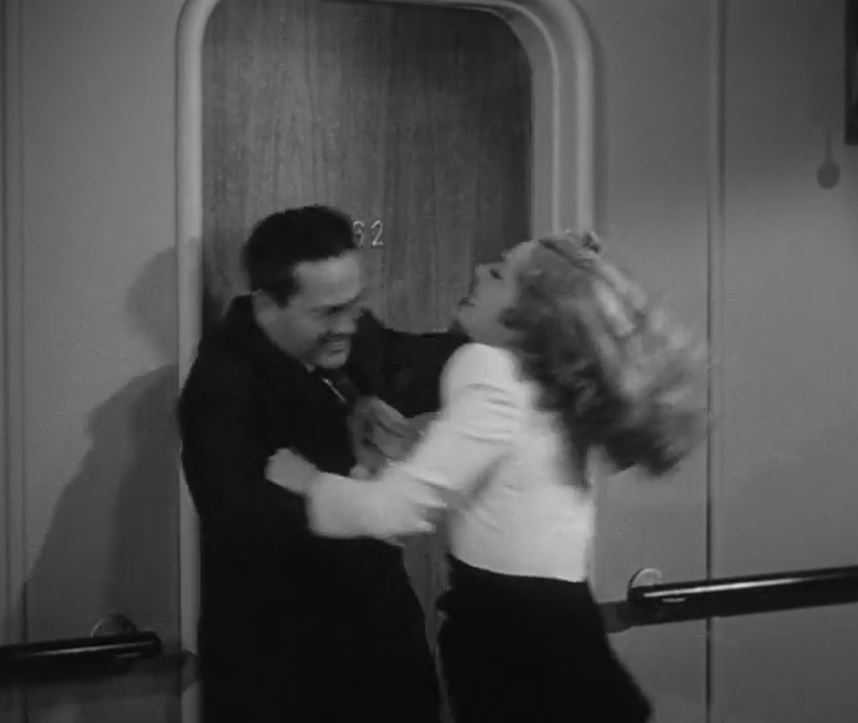
Beyond the skill of it. There is just something certain comedians have. An underlying sense of possible danger and it has to just...like with Belushi...be there......under the surface, the audience has to feel like it's waiting, like it's there at the ready. That sense of danger something that is very very important. It is important in drama sure, but it is even more important in comedy.
I'll give you an example from "The Mexican Spitfires Baby". It's the old (it's old now) misunderstanding because only part of the conversation was heard, gag. Lupe hears part of a conversation and thinks her husband is cheating on her with some blonde. Not an easy joke to actually get a laugh out of, even back then when it was new...BUT when Lupe says "Oh...Hellooo Daaaddeeee" it makes you laugh because its genuinely terrifying.
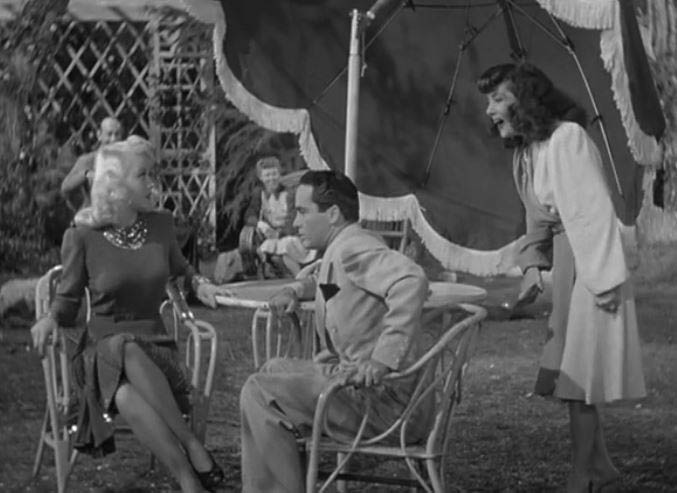
Having an air of danger...It's a helpful tension, not just for jokes in which violence is concerned. It also gives simple lines more punch, because a joke gets a little extra whiplash when the person giving the lines state of mind is hard to predict.
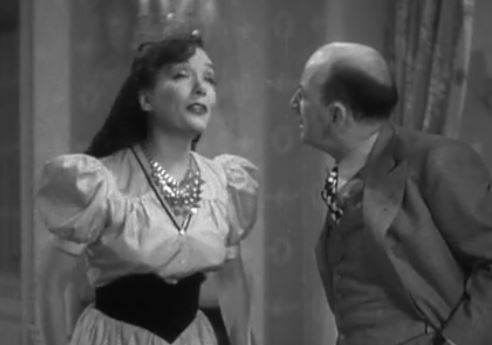
"Love, it makes your heart go bumpity bumpity bump...like a baby falling down the stairs."
Lupe was the prototype- comedy alpha predator. Wherein the jokes were because of her, but not at her expense. She was the one dispensing the slapstick, dispensing the lines, the insults, she was the one saying mocking things under her breath that the audience could hear but the subject could not. That was rare for early comedy and unheard of for a female comedian. When you watch her, you are watching a prototype for future comedy alpha predators...you're Jim Carrey's, Bill Murray's, Eddie Murphy's, Ryan Reynolds's, every comedic actor who's role has them dispensing the comedy instead of absorbing it. Being large and in charge and causing the chaos instead of being on the receiving end. The joke is what they do to someone, not what happens to them.
Understand, there was a time where that was untried, uncommon, risky. Most comedy/comedian's jokes where based on them being Wile E Coyote, not Bugs Bunny.
Someone has to do something right, before people know how to do it right.
Anyone who knows of Lucille Ball, knows her influence and success is responsible for inspiring and opening the door for generations of female comedians. But not enough people know that it is a straight line of progression from Lupe Velez to Lucille Ball.
The I love Lucy show at it's core takes a lot (most) of it's elements and comedic foundation from Lupe, specifically the marriage of Carmelita and Mathew Lindsey in the Mexican Firecracker series of movies.
In the beginning of her career Lucille Ball was just getting dragged through one bad crime movie after the next until someone said-
"how about a show where the wife will be the comedic lead and do physical comedy, have emotional outbursts, get into absurd trouble even though she meant well, and have things spiral out of control."
"okay! That worked great in those Lup..."
"and...let's have one of the spouses be from Mexico and work in a Cabaret!"
"...uhm...That sounds exactly like Lup..."
"nope, the wife will be a red head! It's completely different"
Lucille was amazing and so was her show, and it had a softer, less chaotic tone...but let's be real, without Lupe's success and example, Ball might have trapped in a parade of B movies.
It wasn't the premise that was most valuable, or even the notion of the female comedic lead, or the way in which to craft the jokes. It was the concept that you could make the audience laugh and care about you. There was a time that had not been tried. A time when it had not even been considered. A time when comedy had only characters that you where watching to see jokes happen, not watching to see what would happen to them.
...a time before Lupe Velez.
The man she's pictured with in most of what I've shown you is Leon Errol. They were co-stars in 9 films. He was also a veteran of Vaudeville, also had a rich history and a lot of work under his belt. In all things, but especially comedy, chemistry is important. You never can quite tell with chemistry...on paper two vaudevillians born almost 30 years apart on different side of the globe would not seem like much of a match.
But...they were.
They were great. Two absolute pros who knew all the ins and outs and techniques from decades of performing individually, and they complimented each others performances amazingly. Best known together for the "Mexican Firecracker" series of movies.
The premise of those movies was a guy with a New York ad agency falls in love with and marries a woman from Mexico (Errol was an uncle of the husband). And I would GUESS, that initially the movie was supposed to be a wacky romantic comedy revolving around the differences between him and her . And I was not there during production but I am guessing that early on someone in charge said "you know what? F8ck it, the husband can be a third string character...just keep filming scenes with Lupe and Errol".
Because that's what happened. The movie series that seemed to have initially been billed as a romantic comedy, was actually a buddy movie. The series could have been a trope that was already tired by 1940, but instead it was something very special.
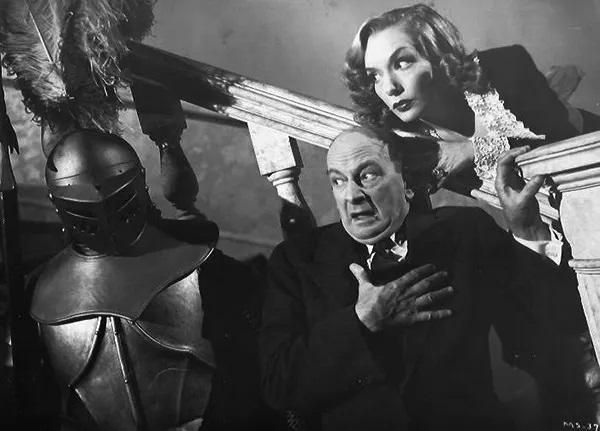
And...let's look at another aspect of it for just a second. This entire series of movies, which started in 1939, revolved around a female minority constantly getting the upper hand on a cast of white males. See how much you can get away with when you aren't taken seriously?
The first two are the best, "the Girl From Mexico" and then "Mexican Firecracker". The second one, to my mind, is the best of them all. If you are willing to watch only one...watch Mexican Firecracker
There are a few "pie in the face" type gags...because it was the late 30s early 40s and it was the law. You had to have a pie in the face in a comedy or it violated the movie code...apparently.
The series went on long after any of the writers knew what to do with it beyond redoing old themes, ( that's the way of all movie series eventually...as any of us can point to a series that started in our lifetime that went on too long) but Lupe and Errol made even the eventually tired premises fun to watch.
And if you watch them, you'll see gags and physical comedy that the world would see again, sometimes modified, sometimes improved and sometimes not done as well, over and over in everything from Movies, to TV to Bugs Bunny cartoons.
And if it crosses your mind "ah, I've seen that a hundred times", that is incorrect. You have seen it RE-DONE a hundred times.
Something as simple as a delayed reaction, or turning the corner, walking into trouble and comedically trying to just walk back around the corner. At one time, that hadn't been done before.
Gags that worked in vaudeville had to be thrown out or improved, or in some cases worked even better on the big screen...with a little modification. The early comedy stars had a whole new box of tools to figure out how to use and some of them made good work despite having no road map or predecessors to look over.
...And showed the rest of the world what was possible. Gave comedy the roadmap it needed and credibility on the big screen.
Lupe Velez did that. and don't you forget it.

Anyways...
As always, homebase is here
https://www.arseniclullabies.com

NFT work here-
https://nftshowroom.com/arseniclullaby/gallery
https://makersplace.com/arseniclullaby/
Here are the other places to find me...my use of them is fluid, inconstant, susceptible to the whims and shifts of the paradigm
Torum-https://www.torum.com/u/arseniclullaby
Instagram- https://www.instagram.com/arsenic_lullaby_official/
twitter- https://twitter.com/arsenic_lullaby
bitchute- https://www.bitchute.com/channel/arsenic_lullaby/
youtube- https://www.youtube.com/user/arseniclullabycomics
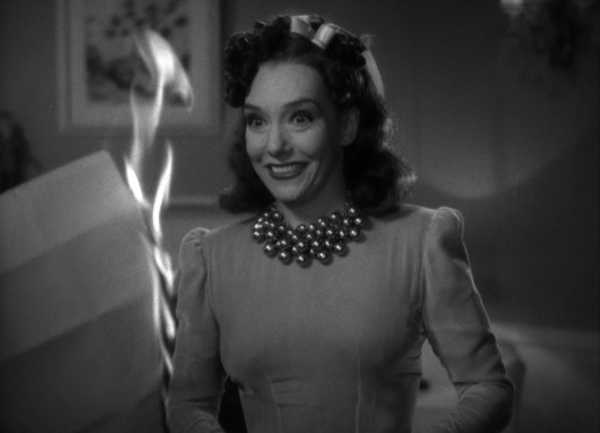
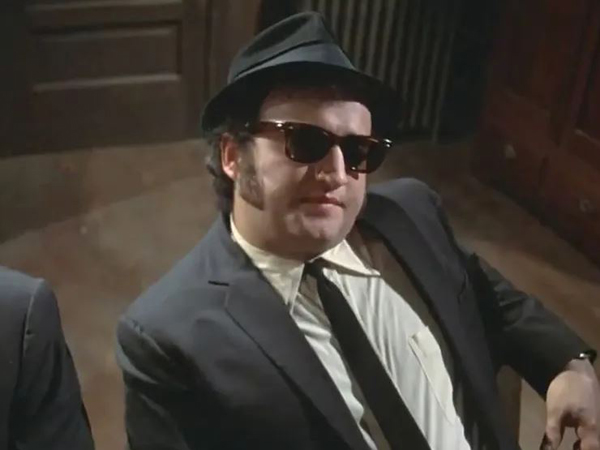
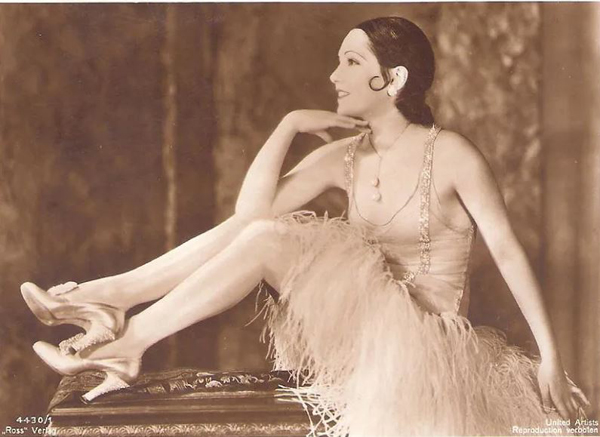
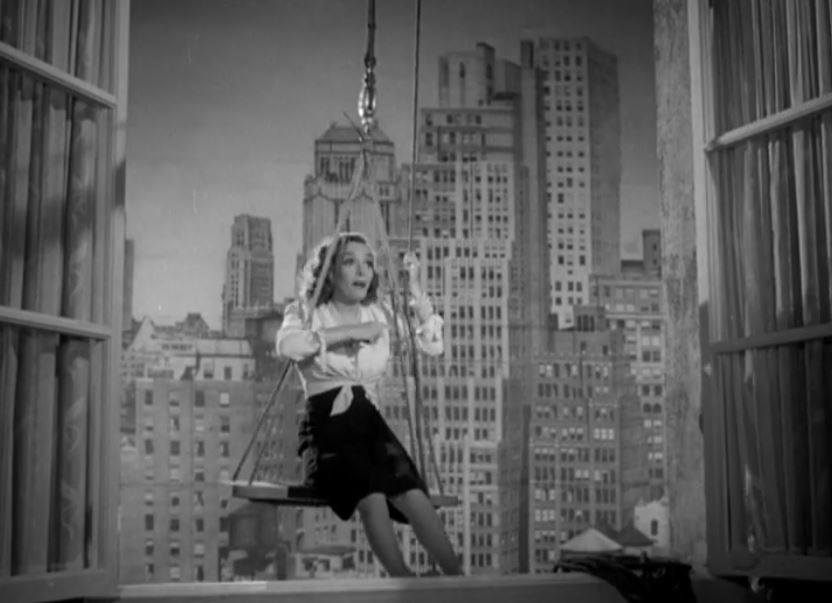
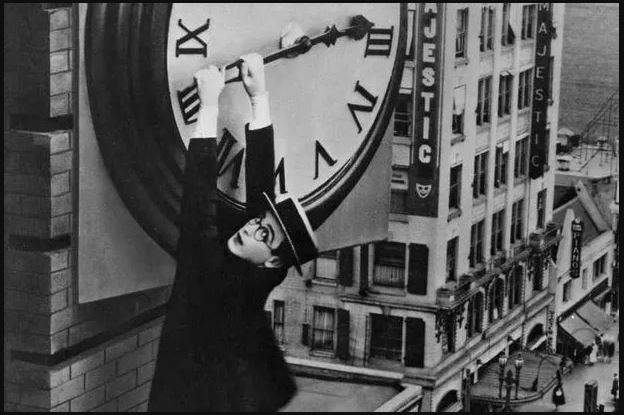
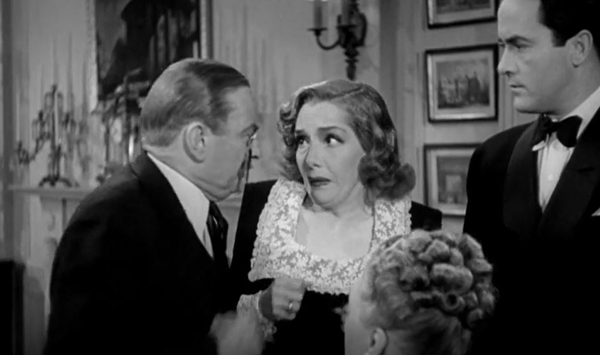
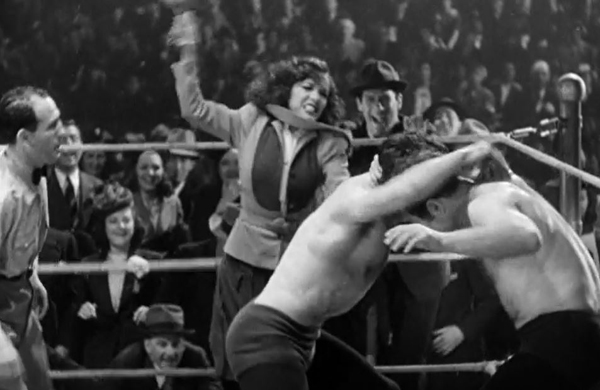
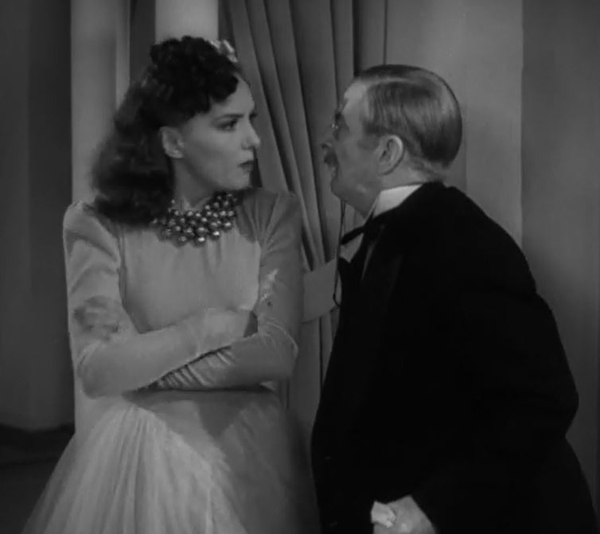
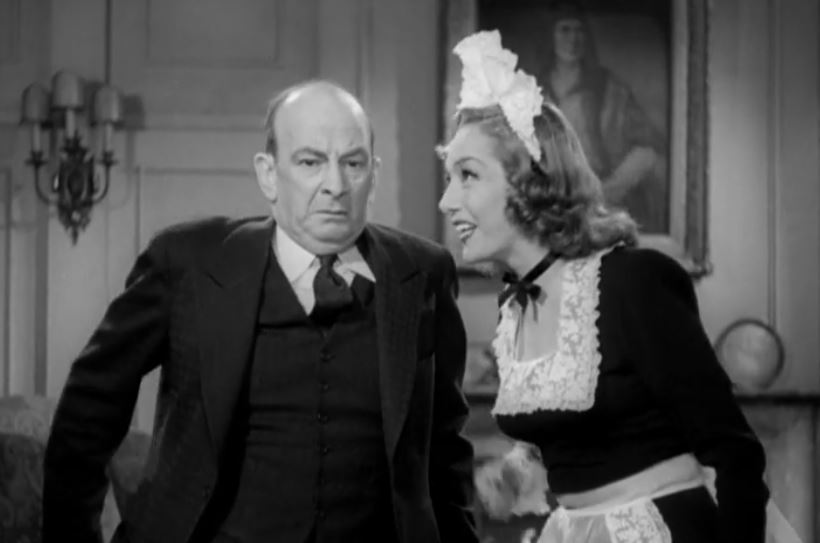
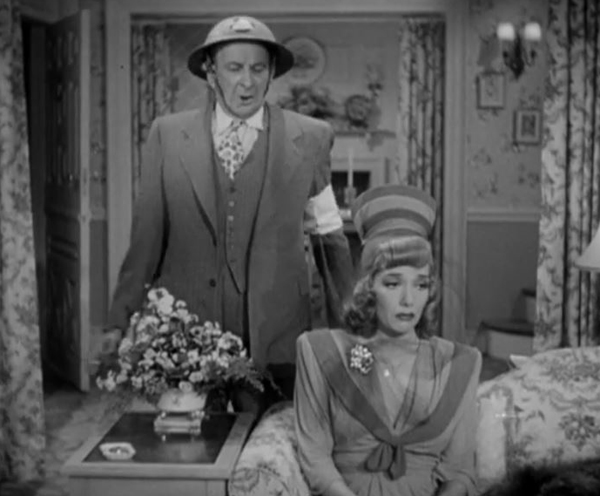
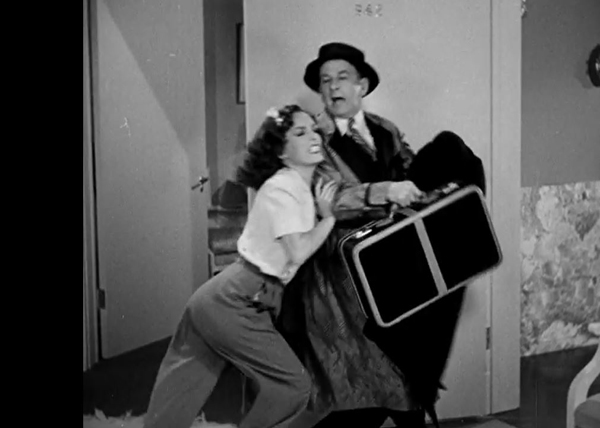
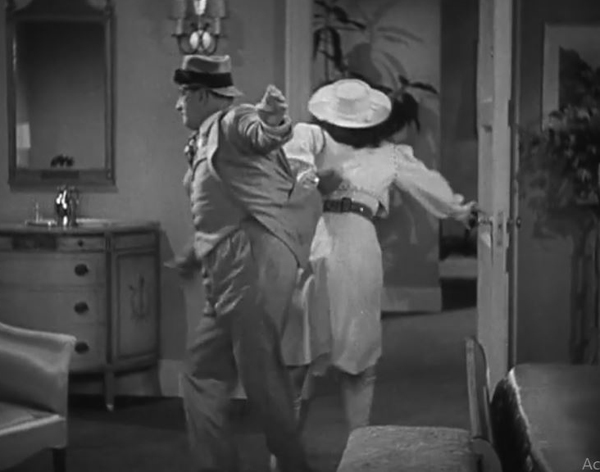
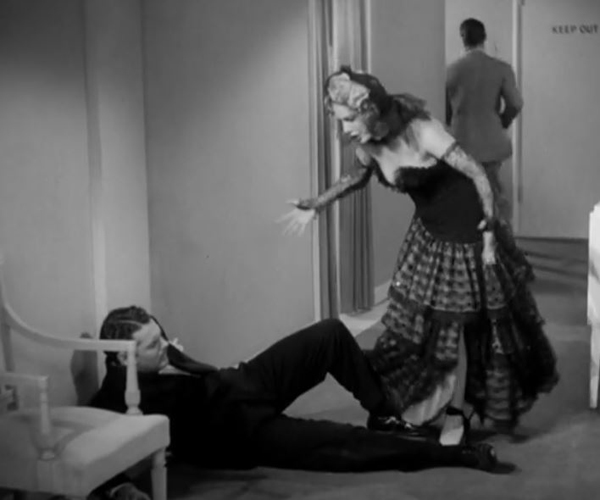
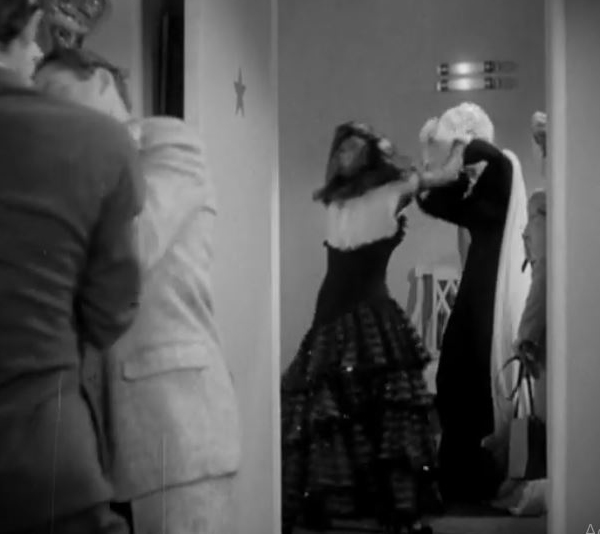
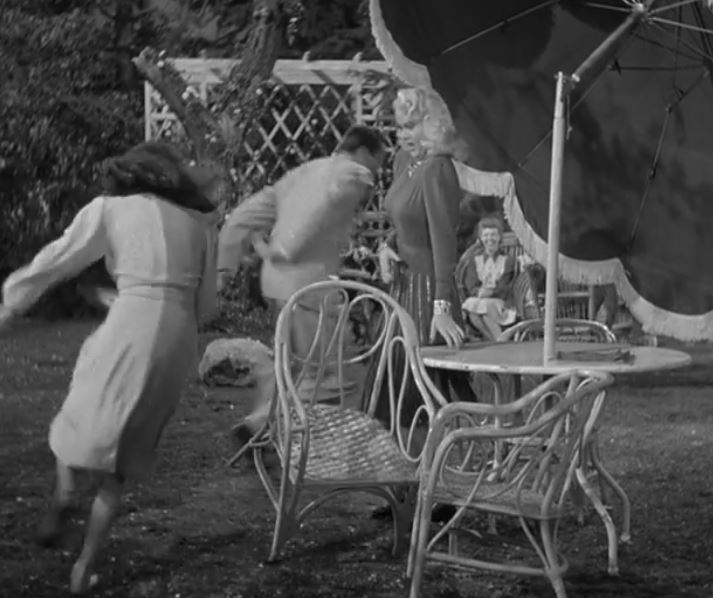
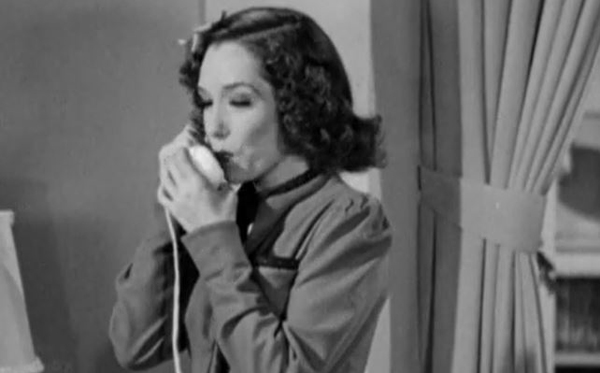
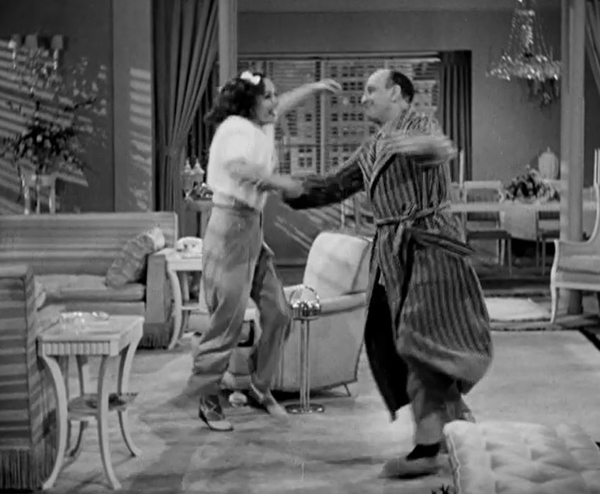
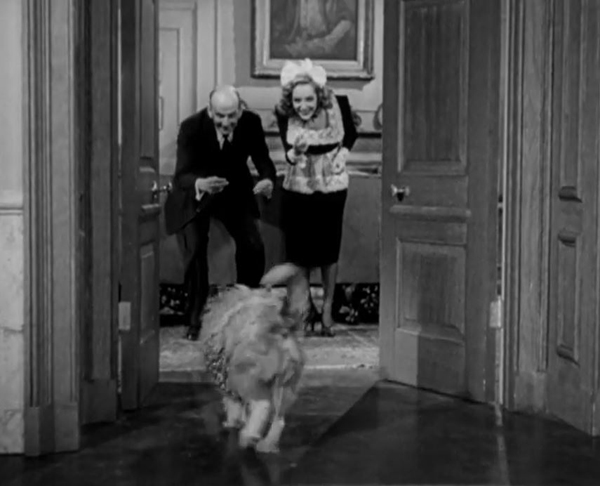
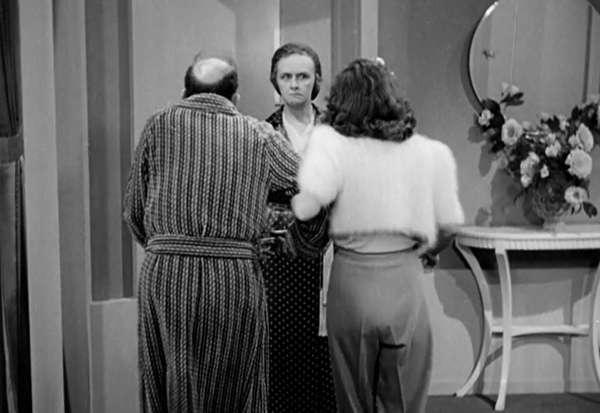
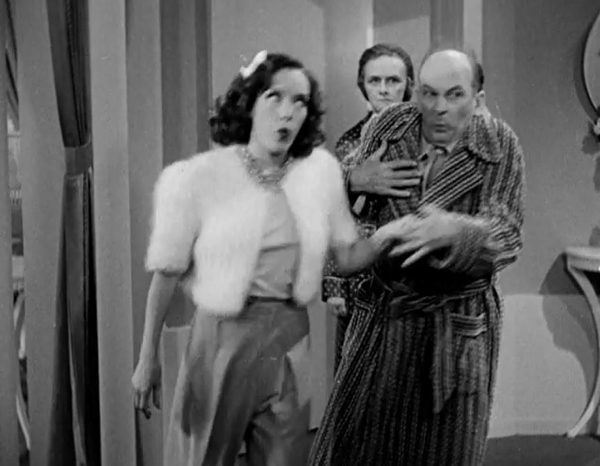
I'm not sure if I have seen any of her movies. We did watch a lot of old black and white movies when I was a kid as there was not much choice of viewing back then. I know I saw a lot of Laurel and Hardy, who also came from vaudeville. You are right that people were creating a new medium through the earth 20th century. Those with stage experience had to adapt and some became massive stars.
Some old movies still come up on TV and they seem so different to what we mostly watch these days. The cameras did not move much and there were less edits. They could be more like a filmed stage play. There can still be some great performances though.
I found her in this standing up for herself.
There's better versions of that which are not edited so poorly. I'll find one. but this is a fun scene
Some fun stunts in that one. The costumes were pretty amazing too. Her dress in the Laurel and Hardy one doesn't cover much.
Shrug. It covers enough to get by the movie code XD here's a better version of that one with her and Laurel and Hardy
More of an essay than comedy, but interesting just the same.
It's actually within the boundaries of what we're trying to do here as part of evolving, so it's allowed.
any good community pays tribute to those who came before them. This is the anniversary of the death of someone who modern comedy owes very much to. So...I'd say it belongs on openmic. Glad you found it interesting!
Never said it didn't belong, I just thought there were some opportunities for laughs that were missed. Good jokes are a good way to pay tribute to great comics.
oh for sure, there's nothing like a "tribute" where the person making it feels the need to force their jokes into it, to try make it about how funny they, are instead of who they are paying tribute to. I'm beyond the point in my career where I feel the need to prove I am a comedic genius with every post I make. I'm perfectly satisfied with this being completely about someone important who helped comedy rise to another level, and how she did it.
If I pissed you off, it was unintentional. I've probably been spending too much time on Twitter.
The rewards earned on this comment will go directly to the people sharing the post on Twitter as long as they are registered with @poshtoken. Sign up at https://hiveposh.com.
What a great post filled with information about this amazing pioneer. Such a waste she died so young, relatively speaking of course.
Thanks! glad you got something out of it! It just dawned on me after you mentioned her dying young...that her and Belushi both died with so much more they could have give us.